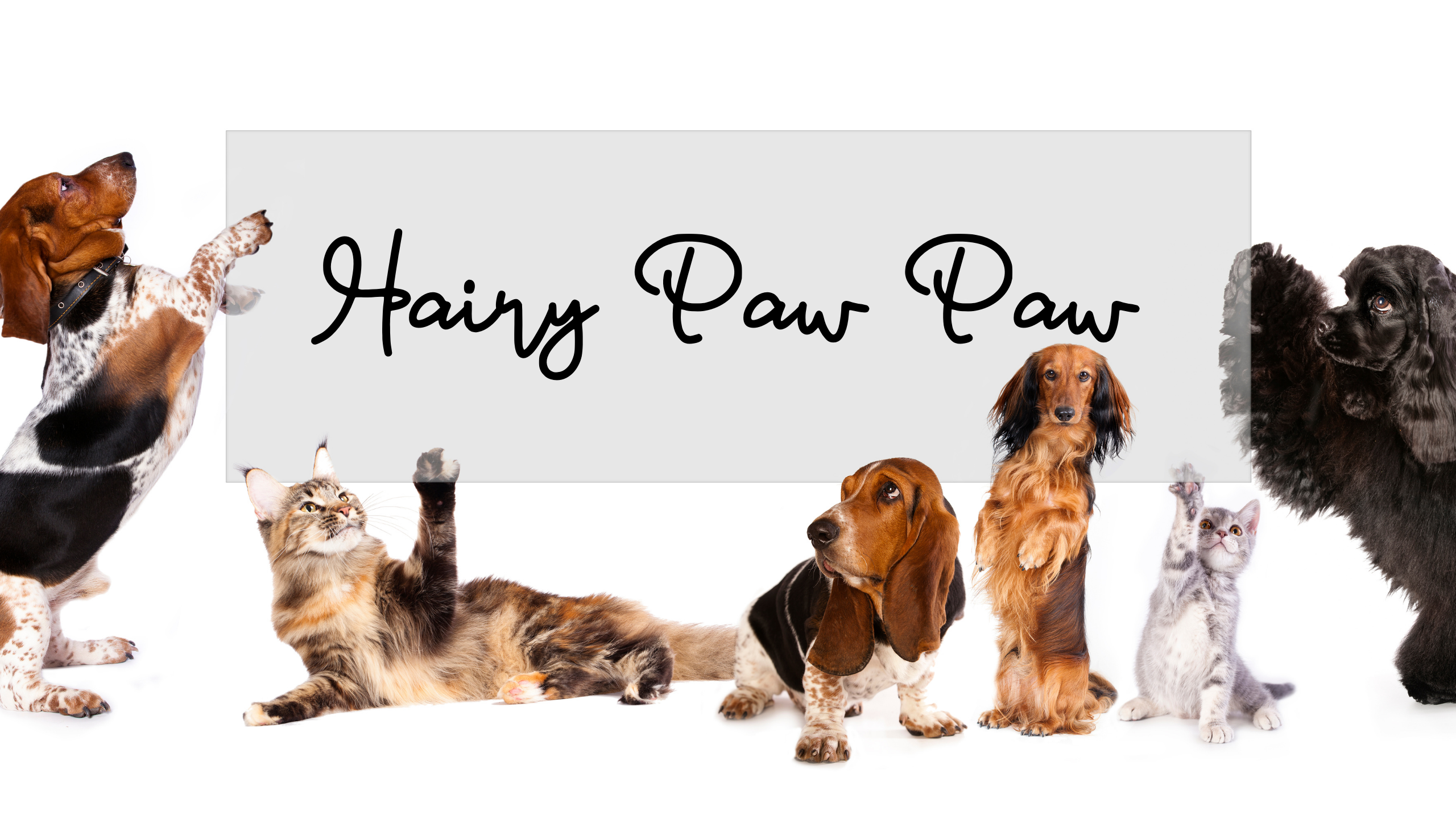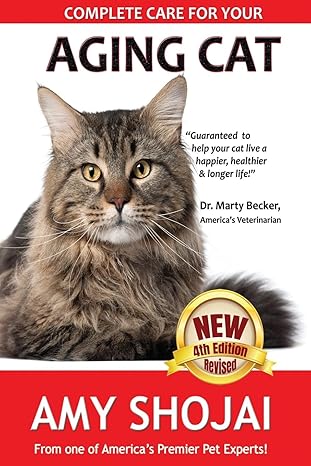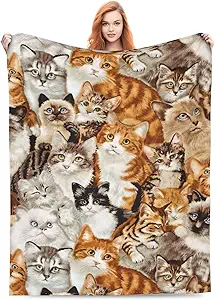This “Scottish Fold Lifespan: How to Support Healthy Aging” post may contain affiliate links, which means I’ll receive a commission if you purchase through my link, at NO EXTRA COST TO YOU
Scottish Fold Lifespan: How to Support Healthy Aging
Scottish Fold cats are one of the most unique and beloved breeds, known for their adorable round faces and signature folded ears. However, when it comes to their lifespan and aging process, it’s crucial to provide proper care to ensure your Scottish Fold lives a long, healthy life. By understanding how their lifespan typically progresses and implementing strategies to support their well-being, you can ensure your Scottish Fold remains a happy and healthy companion for many years.
In this guide, we will explore the Scottish Fold lifespan, the factors influencing their aging process, and actionable steps you can take to support your cat’s health as they age. Let’s dive in.

1. How Long Do Scottish Folds Live?
Scottish Fold cats generally live between 12 and 16 years, with some even reaching into their early 20s. This lifespan is typical for most domestic cats, though a few factors can influence how long they live. Genetics play a significant role in their longevity, as well as diet, exercise, and healthcare.
As with all breeds, individual cats may age differently. Some Scottish Folds may experience more health complications as they grow older, while others remain active and healthy throughout their lives. Understanding how to manage their health during each stage of life will improve your chances of extending their lifespan.
2. Common Health Issues That Affect Scottish Folds as They Age
While Scottish Folds are generally healthy, they can be prone to specific genetic conditions that may affect their quality of life as they grow older. Understanding these conditions and how they impact the aging process is essential for providing proper care.
1. Osteochondrodysplasia (OCD)
One of the most well-known health concerns for Scottish Folds is a genetic condition called osteochondrodysplasia (OCD). This condition affects cartilage and bone development, causing joint issues. As a result, Scottish Folds may develop painful arthritis, particularly as they age. This condition is linked to the genetic mutation that causes their signature ear fold, so it is important to select breeding cats that do not carry this gene.
2. Kidney Disease
Kidney disease becomes more common in older cats, and Scottish Folds are no exception. Chronic kidney disease (CKD) can gradually impair a cat’s ability to filter toxins and maintain hydration. If caught early, CKD can be managed with medication and dietary changes, allowing your cat to continue living a comfortable life.
3. Heart Disease
Scottish Folds can develop heart conditions like hypertrophic cardiomyopathy (HCM), a hereditary disease that causes thickening of the heart muscles. This condition can lead to heart failure over time. Regular vet checkups, including heart screenings, can help detect HCM early, allowing for better management.
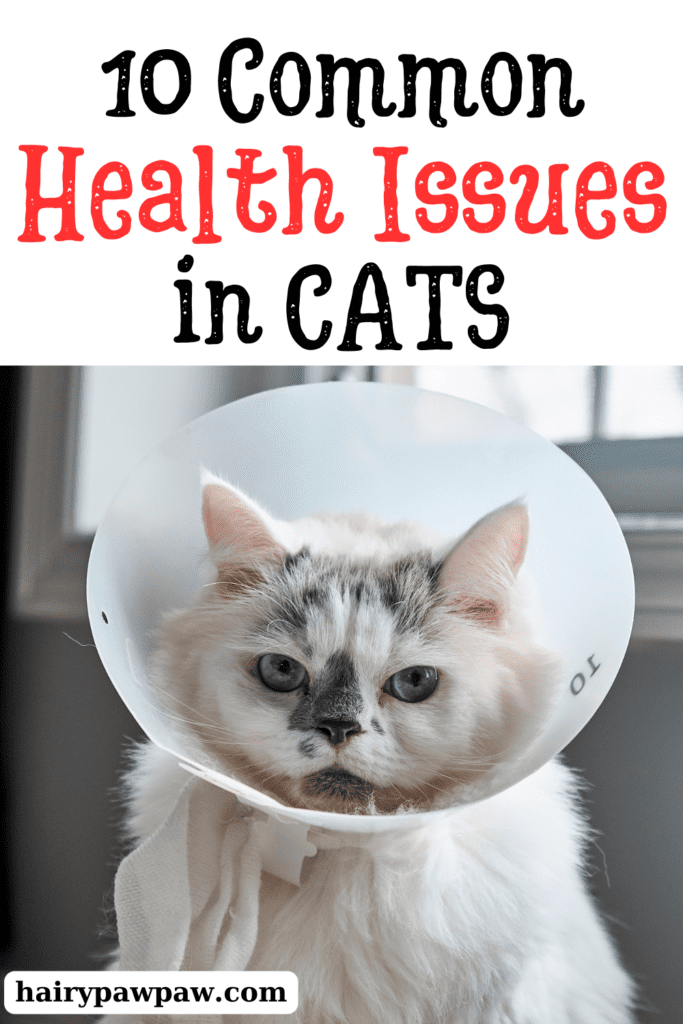
10 Common Health Issues in Cats and How to Prevent Them
Cats, those mysterious and elegant creatures, often mask their discomfort and ailments, making it challenging for pet owners to recognize when something is wrong. Understanding common health issues in cats and knowing how to prevent them can significantly improve your feline friend’s quality of life. In this detailed guide, we’ll explore prevalent health problems in cats, their symptoms, and effective prevention strategies.
3. Supporting Your Scottish Fold’s Health: A Focus on Aging
Now that we understand the health risks, let’s focus on what you can do to support your Scottish Fold as they age. Healthy aging requires a holistic approach that encompasses diet, exercise, regular check-ups, and mental stimulation.
1. Provide a Balanced Diet
A balanced diet is critical for the overall health and longevity of your Scottish Fold. As they age, their metabolism slows down, and their nutritional needs may change. To prevent obesity, which can exacerbate joint problems and other health issues, ensure their food is high in protein and low in unnecessary fillers. You can also look for age-specific cat food that supports joint health, promotes heart health, and keeps their kidneys in top shape.
Consider feeding your Scottish Fold smaller meals throughout the day to prevent overeating and help manage their weight. Always provide fresh water, as hydration is vital, particularly for cats prone to kidney issues.
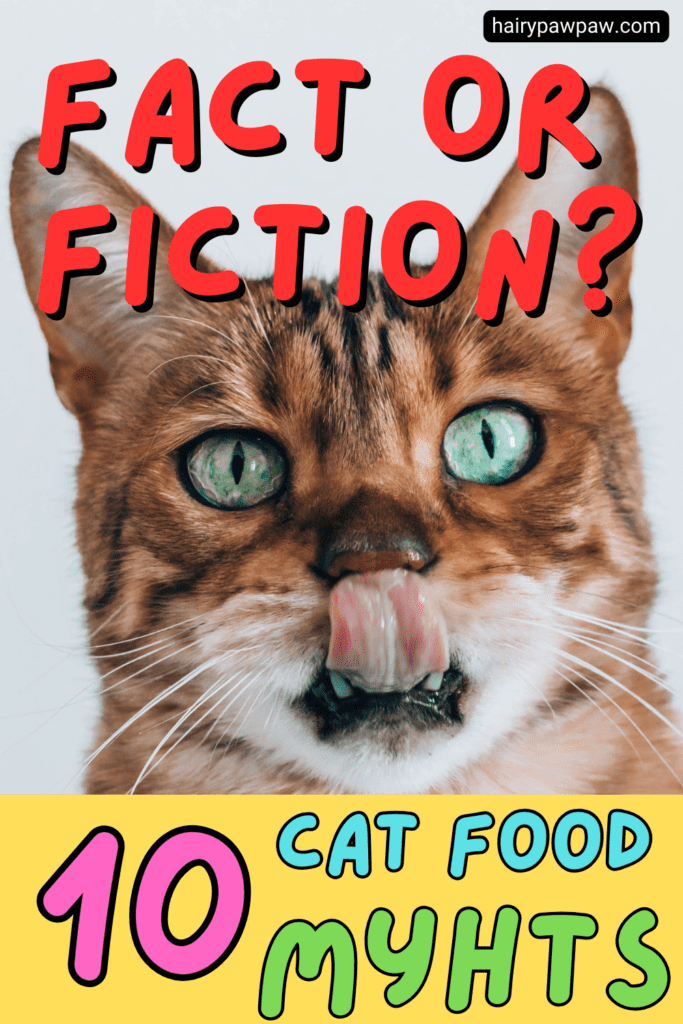
Cat food choices can seem overwhelming, with opinions everywhere about the “right” diet for felines. Unfortunately, many myths can mislead cat owners, causing confusion and even potential harm. To help clarify, let’s dive into 10 common cat food myths, break them down, and provide essential insights for feeding your cat a balanced, healthy diet.
2. Regular Exercise and Playtime
Although Scottish Folds are often more relaxed than some other breeds, they still need regular exercise to maintain a healthy weight and keep their joints flexible. Interactive playtime is not only great for physical health but also mental stimulation. Use toys, such as feather wands and laser pointers, to encourage your cat to move around. Scratching posts and climbing towers are also excellent ways to provide exercise while keeping their claws in good condition.
As your cat ages, you might notice they slow down a bit. However, keep offering opportunities for exercise at their own pace. Light play sessions are great for stimulating their mind and body while preventing obesity.
3. Routine Vet Check-ups and Preventative Care
Regular veterinary visits are key to supporting your Scottish Fold’s health as they age. Ensure that your cat has a yearly check-up, and more frequently as they grow older. Routine exams help detect any early signs of health issues, such as kidney disease, heart disease, or arthritis.
Additionally, keep up with vaccinations, flea and tick preventatives, and dental care. Dental health often deteriorates with age, so regular dental cleanings and checks are vital for your cat’s overall well-being.
4. Joint and Bone Health: Supplements for Older Cats
As your Scottish Fold ages, you might notice they become stiffer or more reluctant to jump and climb. This is common with the onset of arthritis, especially in breeds prone to OCD. To help manage joint pain and inflammation, you can add supplements to their diet. Glucosamine and chondroitin supplements are commonly used to support joint health in older cats. Omega-3 fatty acids, found in fish oil, are also beneficial for reducing inflammation and promoting mobility.
Always consult your vet before introducing new supplements to ensure they are safe and appropriate for your cat’s condition.
5. Provide a Comfortable and Safe Environment
As your Scottish Fold matures, make sure your home environment is comfortable and free of hazards. Cats may become more prone to accidents as their mobility decreases, so keep essential items like food, water, and litter boxes within easy reach. Offer soft bedding, as older cats may suffer from arthritis and need extra support to sleep comfortably.
If your cat has trouble jumping to high places, provide ramps or steps to help them access favorite spots. Keeping their environment quiet and stress-free is crucial for their overall well-being, as stress can negatively impact their health.
4. Mental Stimulation for Aging Cats
In addition to physical health, mental stimulation is essential to your Scottish Fold’s quality of life. As cats age, they may become less active, leading to boredom and potential behavioral issues. Engage your cat with puzzle feeders, interactive toys, and new challenges that stimulate their problem-solving skills.
Socialization also plays a role in maintaining mental health. Spend time interacting with your cat daily, whether it’s cuddling or engaging in play. The more engaged and stimulated your cat feels, the better their cognitive function will remain as they age.
5. Conclusion: A Long and Happy Life for Your Scottish Fold
Supporting a healthy aging process for your Scottish Fold is a combination of proactive healthcare, proper diet, physical activity, and emotional well-being. By focusing on these areas, you can maximize your Scottish Fold’s lifespan and ensure they live comfortably in their senior years.
With regular vet visits, the right nutrition, and daily care, you can help your Scottish Fold cat live a long, fulfilling life. Every step you take to support their health today can lead to many more happy years together in the future.
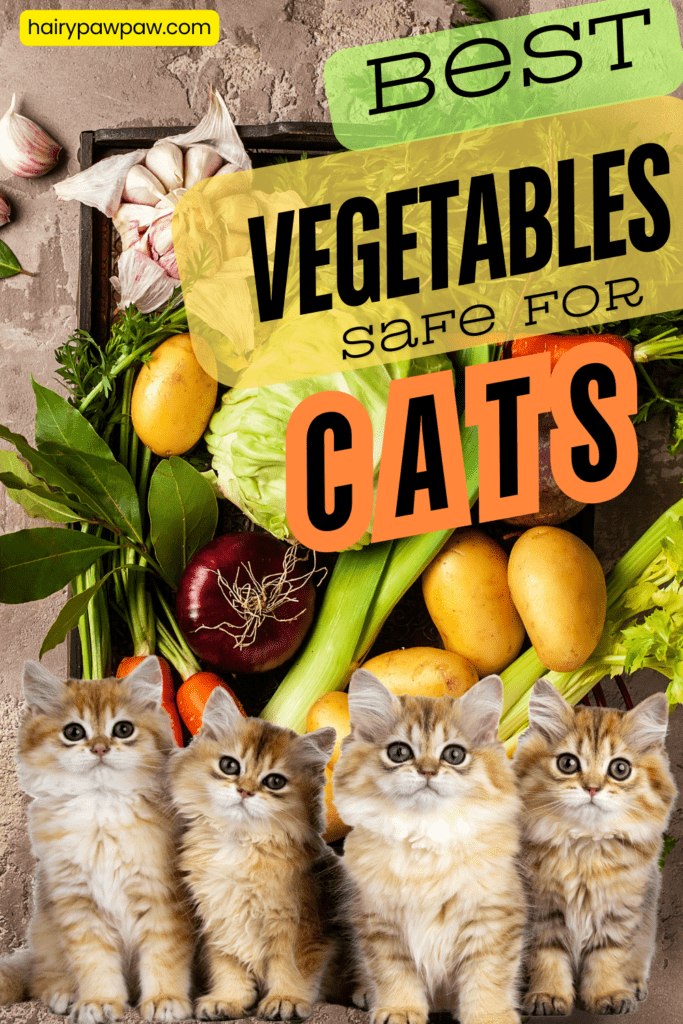
The Best Vegetables Safe for Cats
As a responsible cat owner, providing your feline friend with a well-balanced diet is essential. While cats are obligate carnivores, it’s still possible to supplement their meals with a few safe vegetables that can offer numerous health benefits. You may wonder: Which vegetables are safe for cats? How can you introduce them to your cat’s diet?

